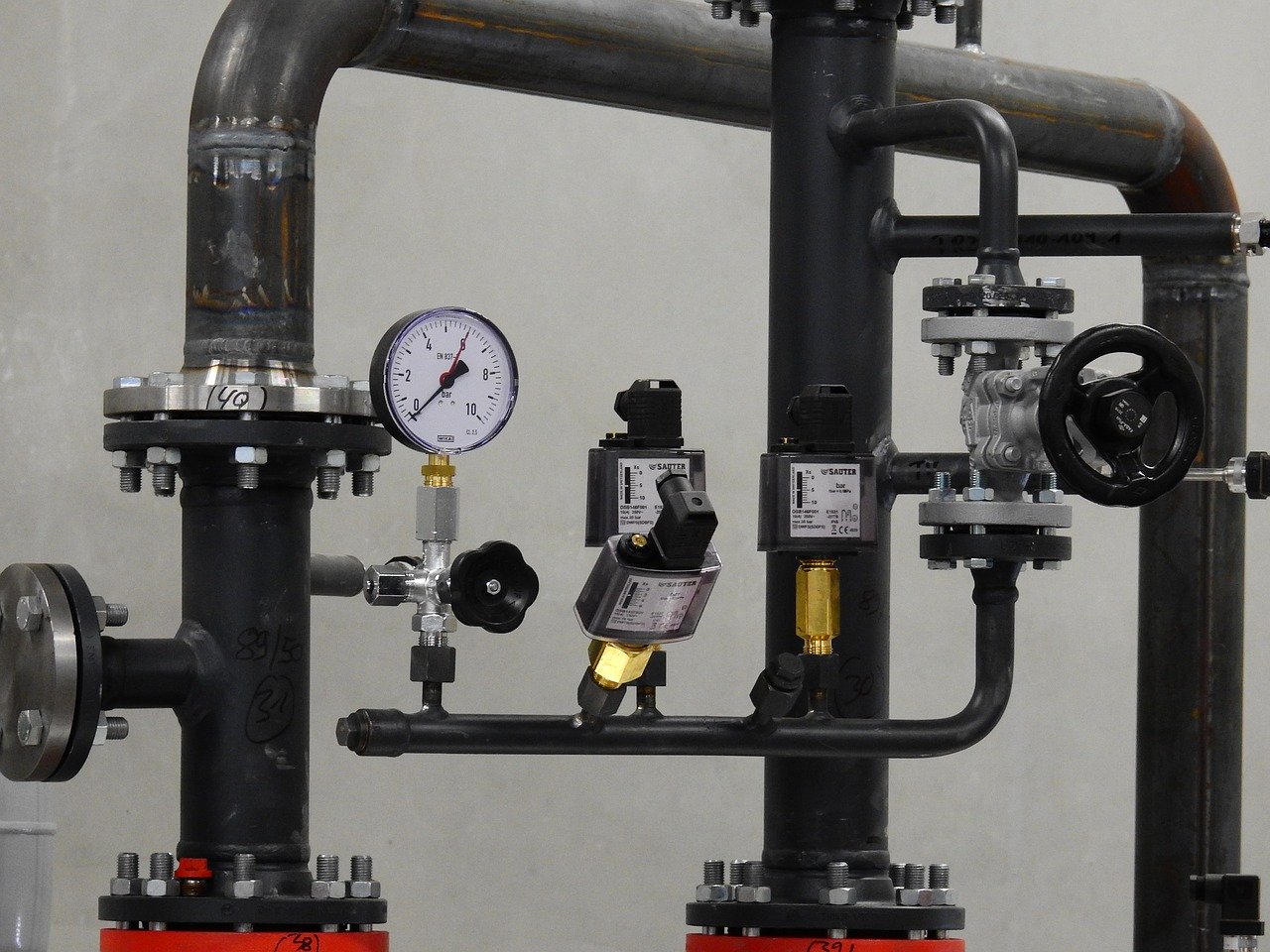Most homeowners struggle with temperature issues when it comes to their boilers, and they have no clue how to set them. It is best to follow the instructions manual if one wants the boiler to function for a long time. Overheating your boiler can cause you a fortune when it comes to repairs or replacement. In the past, every boiler used steam heat to give warmth. These days, however, there are energy-efficient methods for the boiler to provide and maintain heat within the home. Here, you will find out more what the ideal temperature for your boiler is and the dangers of overheating.
The Ideal Temperature for Your Boiler
If you have a newly installed boiler, it is best to keep the temperature at 180 degrees Fahrenheit. Make sure that your boiler does not get to the boiling point to avoid the risk of explosion. If you want to prevent gas leaks caused by high temperatures, keep the boiler below 210 degrees Fahrenheit. High heat can damage your boiler and when you realize that it is overheating on its own, contact repair services before it is too late.
Dangers of Overheating
A modern-day boiler has a safety feature that causes it to shut down when it overheats. However, if you are using an old boiler, you should know that it can explode when it overheats and cause a lot of damage. It is unlikely for a boiler to explode these days because of the precautions taken and the safety features, but if it does, make sure that you learn how to handle the matter and call a gas safe registered expert. Below are the dangers that come with overheating boilers.
Release of Toxic Gases
Any functional gas boiler can put you at risk of inhaling toxic gases when it overheats. Gases like carbon monoxide are colorless and odorless and can hardly be noticed. When you read the signs of an overheating boiler and realize that it could be releasing toxic gases, make sure to call a gas registered safety engineer. You can also install carbon monoxide gas detectors in your home, and the alarm will go off every time toxic gases are released.
An explosion of the Boiler
These days, each modern boiler comes with safety features that prevent it from exploding. They can handle having a lot of pressure, and they work more efficiently than the old ones. It is, however, essential to note that they, too, can explode when the conditions get worse. Always check the boiler’s temperature to make sure that you avoid this devastating issue.
Leaking
One of the significant causes of leaking is when the temperature is too high on the boiler. When the water is heated to the boiling point, there is an immediate increase in water pressure in the entire system. You could have pipes and valves with rust built up over time, and the high water pressure is likely to cause more damage. It is best not to ignore any leaks, no matter how small, because you might need to replace all the pipes. More damage to the pipes caused by overheating will cause leaking, which only gets worse if ignored.
Some of the reasons you might experience overheating are:
• When the pressure release valves are removed due to leaking and the boiler cannot release any excess pressure.
• When the lime scale builds up, especially in places with hard water, it causes hotspots to form, which in turn brings about problems within the boiler’s inner heating components.
• When the thermistors fail, and the PCB release more fuel than they should, causing the boiler to overheat.
• Blockages such as heating sludge and condensate are likely to cause the water temperature to rise.
Conclusion
Ensure that you are keen on your boiler’s temperature and watch out for overheating. When you notice any signs or significant changes happening to your boiler, call a gas safe registered engineer to examine it. The average temperature of 180 degrees Fahrenheit is perfect for your boiler and will keep your home safe. To avoid installing a new boiler sooner than you should, call repair services to examine it annually and check for overheating issues. Failure to do this will cost you a lot of money in the long run.

Leave a Reply